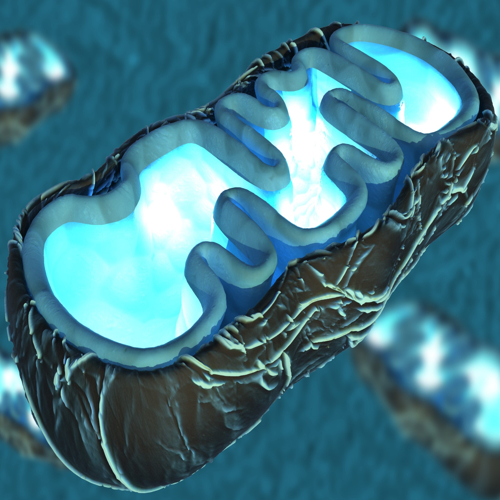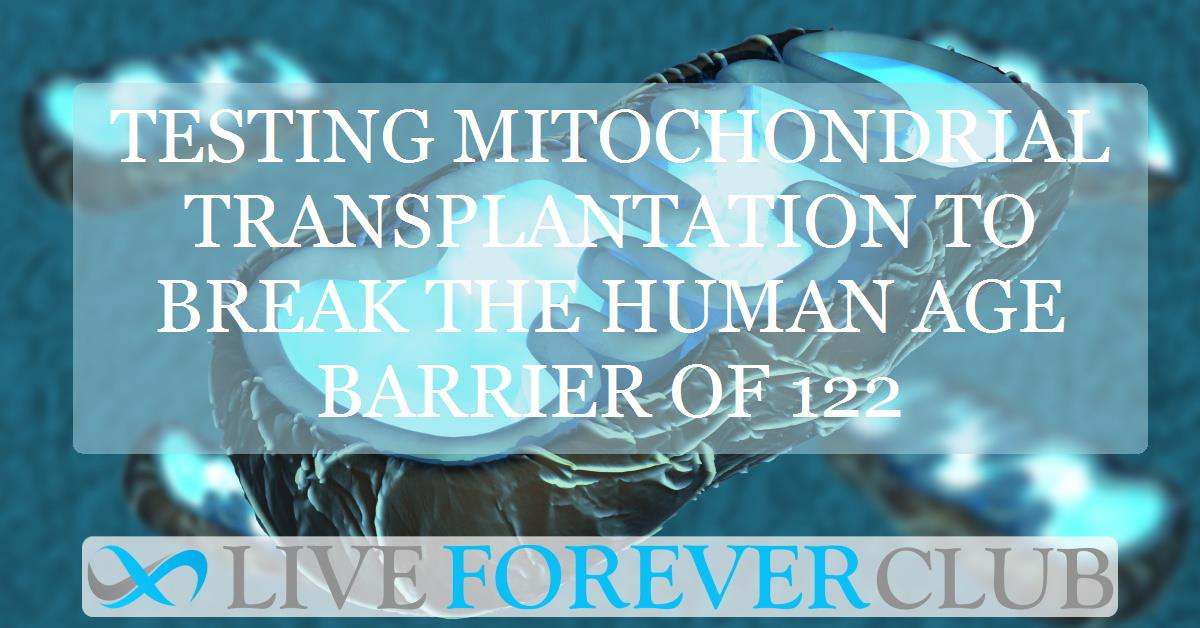Human history has always been defined by daring attempts to break barriers, and the latest may be one of the most ambitious yet. On July 17, 2025, 90-year-old University of Washington Emeritus Professor of Physics John G. Cramer announced that he is joining a groundbreaking project aimed at breaking the human age barrier of 122 years.
The effort centers on a radical technology: bioreactor-grown mitochondrial transplantation. If successful, this innovation could usher in a new era of medical treatment, not only extending human lifespan but also revolutionizing healthcare for countless diseases. The project officially begins on August 1, 2025, under the leadership of a world-class team from Stanford, UCLA, Northwell Health New York, and Mitrix Bio.
Cramer himself is no stranger to pushing boundaries. A renowned physicist, he has co-authored more than 300 publications, pioneered research at Brookhaven National Laboratory and CERN, and developed the transactional interpretation of quantum mechanics, famously known as the “Quantum Handshake.” Beyond academia, he’s even produced the first-ever audio recording of the Big Bang. Despite his achievements, he insists his work is far from done. “I have a huge list of things I want to work on: new books, new experiments, maybe another PhD,” he says. “I could use another 30 years.”
The technology he has chosen to stake his hopes on focuses on mitochondria, the tiny power plants within our cells. These organelles are crucial for energy production, yet they degrade with age, contributing to the slow decline of the human body. Cramer believes epigenetic reprogramming, a rival approach backed by figures like Jeff Bezos, is too risky for someone his age. Instead, he sees mitochondrial transplantation as both safer and powerful enough to restore energy production in elderly cells. The approach involves cultivating mitochondria in external bioreactors, feeding them with abundant nutrients, and then transplanting them back into the body to rejuvenate cellular function.
The promise goes beyond longevity. Early studies suggest mitochondrial transplantation could help treat conditions like Parkinson’s, Alzheimer’s, sepsis, and cardiovascular disease. At Northwell Health, doctors are already exploring its potential for stroke recovery and cardiac arrest survival. Meanwhile, Mitrix Bio, the Silicon Valley startup behind this push, envisions a future where bioreactor-grown mitochondria are used not only to extend human life but also to improve quality of life across all ages.
Cramer isn’t alone in this journey. The project is seeking five more early adopters aged 55 and older, or those battling chronic illness, who are willing to cover their own expenses and embrace the risks of pioneering medicine. These individuals will join a select group of explorers, including venture capitalists, scientists, and CEOs, all united by the drive to test the limits of human biology.
For Cramer, the decision is as much about contributing to humanity as it is about personal longevity. “Sure, I’d like to live longer and not see my body decline,” he says. “But even more than that, it’s exciting to learn new things at the edge of knowledge and to make a big contribution to humanity.” If the effort succeeds, this bold experiment could redefine what it means to grow old and open a path toward the next chapter of human evolution.









